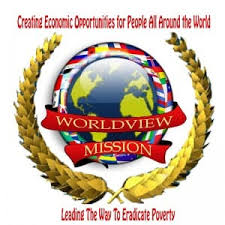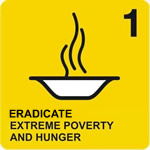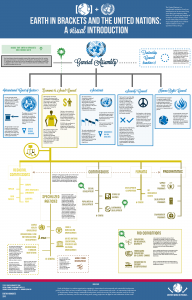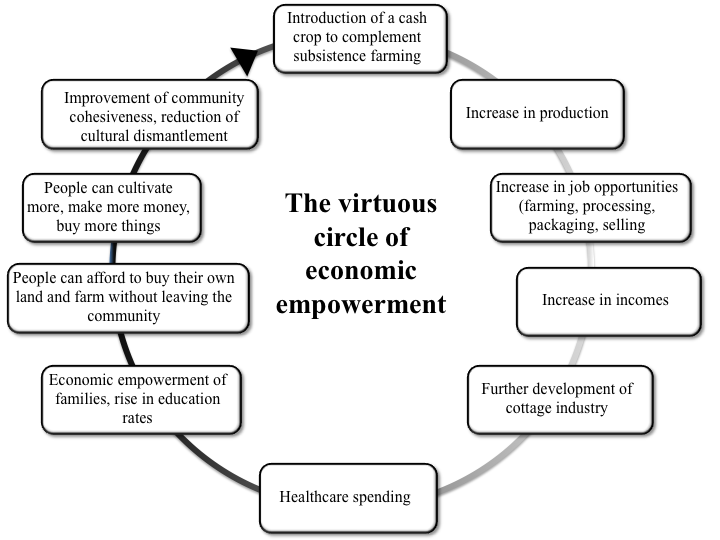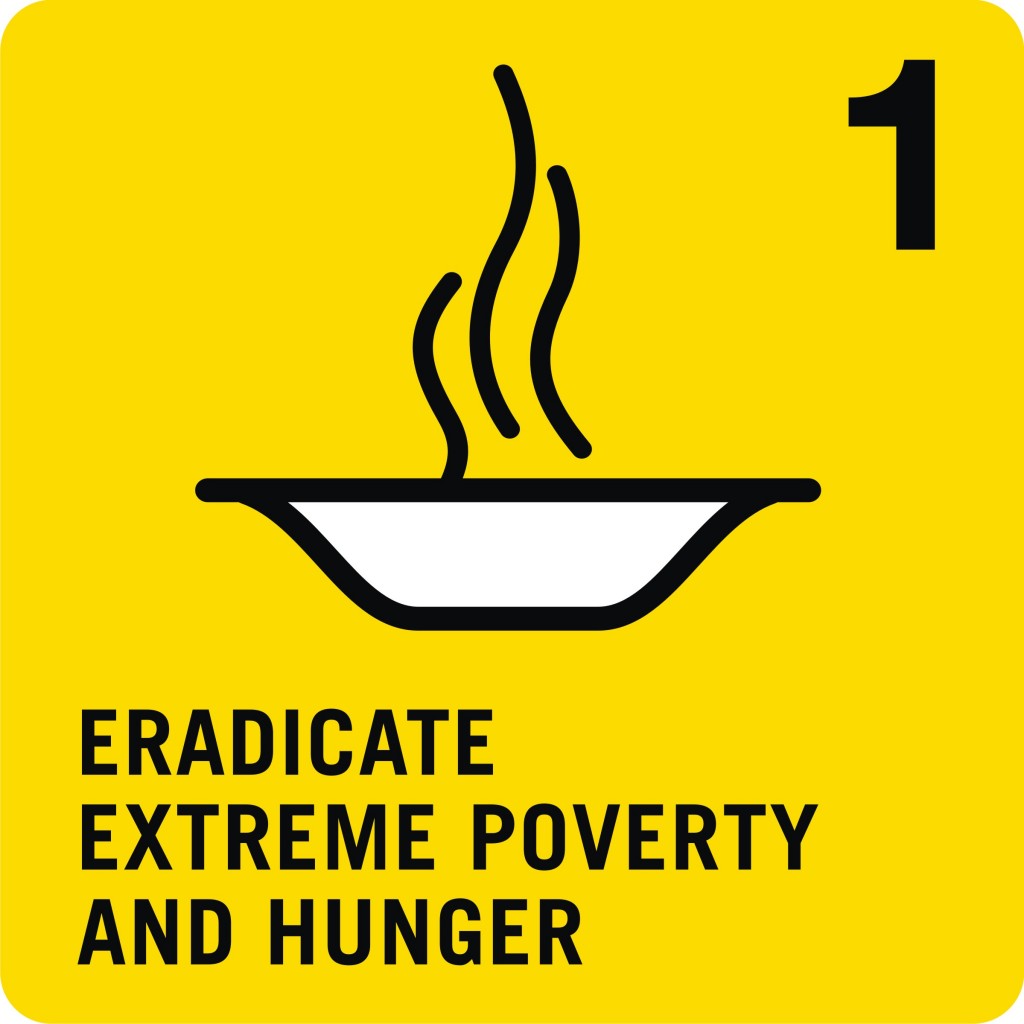http://worldviewmission.nl/?page_id=57
http://worldviewmission.nl/?page_id=6197
—————————————
People’s General Assembly 2014
https://www.youtube.com/watch?v=2M2pfdU5TXM&feature=youtu.be
———————————————————
Outreach at the SIDS Conference: Water, Food and Waste
WM Outreach_SIDSDay7_WaterFoodWaste
http://www.stakeholderforum.org/sf/outreach/
http://www.stakeholderforum.org/sf/outreach/index.php/component/content/article/143-uncategorised/11667-sids-side-events
Outreach is made possible by the generous support of:
Outreach is produced by:
—————————————————————————————————–
Woldbank Info Soc Savety nets879840WP0FINAL00Box385208B00PUBLIC0
https://public.tableausoftware.com/views/SPMproject/Story1?:showVizHome=n
—————————————————————————————————–
Intelligence in the Hallways of the UN – A New UN Body to Combat Global Malnutrition… A Discussion
Dear Friends and Colleagues,
The United Nations is considering setting up a new body to address global malnutrition as early as next month, Devex has learned.
Tentatively called “U.N. Nutrition,” the new entity will be headed by UNICEF and the World Food Program, according to well-placed sources within civil society groups attending this week’s Committee on World Food Security, or CFS, in Rome. Over the weekend, the sources also participated in working groups ahead of the second International Conference on Nutrition — known as ICN2 — jointly led by FAO and the World Health Organization in November. To learn more,
https://www.devex.com/news/a-new-un-body-to-combat-global-malnutrition-84545
All the best,
Pam Puntenney and Bremley Lyngdoh
UN SD Education Caucus Co-Chairs
Co-Coordinators Climate Change
Dr. P. J. Puntenney
Environmental & Human Systems Management
1989 West Liberty
Ann Arbor, MI 48103 USA
E-mail: pjpunt@umich.edu
Cell: (734) 352 7429
Landline: (734) 994-3612
———————————————————————————————————-

À : FSNFORUM-L@LISTSERV.FAO.ORG
[FSN Forum] FAO Post-2015 e-bulletin
http://www.fao.org/fileadmin/user_upload/post-2015/E-bulletin/e-bulletin-03_EN_June_2014.pdf
Available also in ESPAÑOL • FRANÇAIS • РУССКИЙ • 中文 • العربية
e-bulletin • June 2014 • Issue No.3
——————————————————————————————–
New FAO Working Paper: Climate Variability, Adaptation Strategies and Food Security in Malawi
Dear Climate Colleagues,
The FAO Economics and Policy Innovations for Climate-Smart Agriculture (EPIC) Programme has recently published a new Working Paper:
Climate Variability, Adaptation Strategies and Food Security in Malawi
Asfaw et. al, 2014, ESA Working paper No. 14-08, FAO
This paper assesses farmers’ incentives and conditioning factors that hinder or promote adaptation strategies and evaluates its impact on crop productivity by utilizing household level data collected in 2011 from nationally representative sample households in Malawi. We distinguish between (i) exposure to climatic disruptions, (ii) bio-physical sensitivity to such disruptions, (iii) HH adaptive capacity (iv) system-level adaptive capacity that serve as enabling factors for household-level adaptation.
Download: http://www.fao.org/3/a-i3906e.pdf
Key messages
- The factors that drive adoption of any one of the practices analyzed are distinct, thus there is no one strategy for supporting adoption – it depends on which techniques are the focus. However we do find that climactic variables, access to rural institutions and social capital play an important role in adoption of most practices.
- The propensity of adopting any one practice is conditioned by whether another practice in the subset has been adopted or not. Some practices are complementary (e.g. improved maize seed and inorganic fertilizer) others are substitutes (e.g. inorganic fertilizer and organic fertilizer)
- Climate variables have a major impact on which practices are adopted. Greater climate variability increases adoption of risk-reducing inputs – such as sustainable land management (SLM) measures – but reduces the use of inputs – such as inorganic fertilizer – with uncertain benefits in terms reducing risk. Regions with higher mean rainfall and lower maximum temperatures tend to use more inorganic fertilizer whereas higher mean rainfall and maximum temperatures favor SLM inputs. Delayed onset of rainfall also increases the adoption of SLM inputs but reduces the use of inorganic fertilizer.
- On average adoption of both modern and SLM inputs have positive and statistically significant impacts on maize productivity. The observed impact is heterogeneous across gender and land size. For instance the positive impact of adoption of modern inputs is more pronounced in male headed households compared to female headed households whereas the opposite is the case for sustainable land management practices.
For further information:
Solomon Asfaw, PhD
Economist
Agricultural Development Economics Division (ESA)
Food and Agriculture Organization of the UN (FAO)
www.fao.org/climatechange/epic
————————————————————————————————
Mobilizing researchers to end poverty in Africa
Dear All,
Over the past 15 years, GDP growth in Africa has been higher than in the rest of the developing world. Despite the tremendous economic growth, poverty reduction in Africa was less impressive, with nearly half of the population still living on less than US$1.25 a day per capita (2010).
Scholars from all over the world recently gathered in Paris for the Annual Bank Conference on Africa (ABCA), to discuss ways to make economic growth work better for the poorest families in Africa.
In his opening remarks, Makhtar Diop, World Bank vice president for Africa, reminded the audience that “the legitimacy of the World Bank is not the dollar amount we put on the table; it is the knowledge and healthy policy dialogue it encourages.”
The ABCA conference creates a platform for scholars to put forward their research and get feedback. Most key issues were discussed, such as the optimal balance between growth, inequality and poverty reduction, and better ways to help poor people manage risks.
For more information, please click here.
http://www.worldbank.org/en/
Ibrahim SIDIBE
Countyr Representative YPARD – Mali
—————————————————————————————————-
————————————————————————————————–
The eradication of hunger should be a priority on the agenda of post 2015 development
Dear All,
————————————————————————————————-
IFAD Highlights Food Security in Post-2015 Agenda read more: http://post2015.iisd.org/news/ifad-highlights-food-security-in-post-2015-agenda/
Dear All,
18 February 2014: Participants discussed how to achieve a sustainable, food-secure future for all at an event hosted by the International Fund for Agricultural Development (IFAD) in Rome, Italy, on 18 February 2014. Panelists stressed the importance of investing in smallholder family farmers and empowering rural livelihoods to ensure global food security and nutrition.
The event on ‘Achieving a sustainable future for all: Rural transformation and the post-2015 agenda’ aimed to raise awareness about the post-2015 development agenda and the opportunities it presents to advance and implement a transformative agenda for smallholder family farmers. Participants focused on four thematic areas: leveraging the rural-urban nexus for development; an empowerment agenda for rural livelihoods; investing in smallholder family agriculture for global food security and nutrition; and promoting the resilience of poor rural households.
These topics also are the subject of four IFAD policy briefs launched at the event. Each brief identifies challenges, entry points and approaches for a policy agenda, as well as including proposed goals and targets for the post-2015 development agenda.
‘Leveraging the rural-urban nexus for development’ recommends that the post-2015 agenda include: disaggregated targets and indicators for access to basic services (education, sanitation, water) and social and economic inclusion (employment, gender equality, social protection); and rural targets or indicators on goals related to energy, infrastructure and migration.
‘An empowerment agenda for rural livelihoods’ recommends, inter alia: measuring progress through disaggregated statistics; adjusting targets to the realities of marginalized groups, particularly women and rural groups; strengthening national statistical capacities; and building capacity for marginalized groups to participate in discussions on the post-2015 agenda.
‘Investing in smallholder family agriculture for global food security and nutrition’ recommends, inter alia: focusing on agriculture and small family farms in a goal on food security and nutrition; addressing agriculture productivity, resilience and sustainability; and addressing investment and technology transfer, including through the global partnership for development.
‘Promoting the resilience of poor rural households’ highlights proposed targets on, inter alia: sustainable agriculture practices; ecosystems, species and genetic diversity; deforestation and greenhouse gas (GHG) emissions from agriculture; food waste; and water management.
The event took place ahead of the 37th Session of the IFAD Governing Council (GC), which convened from 19-20 February, under the theme ‘Investing in smallholder family farmers for the future we want,’ in conjunction with the International Year of Family Farming (IYFF). IFAD also hosted the Fifth Global Meeting of the Farmers’ Forum, ‘Partners for investing in smallholder farming, family agriculture and fisheries,’ on 17-18 February, which focused on poverty reduction and rural development.
[IFAD Press Release] [Webcast] [IYFF Infographic] [GC Programme] [Leveraging the rural-urban nexus for development] [An empowerment agenda for rural livelihoods] [Investing in smallholder family agriculture for global food security and nutrition] [Promoting the resilience of poor rural households]
Ibrahim SIDIBE
Coordinator of the Initiative for Agricultural and Rural de Development in Mali (ARD)
Country Representative Young Professionals’ Platform for Agricultural Research for Development in Mali (YPARD)
BP-E: 4630 Bamako, Mali
Kalaban coura Street 200 Door 727
Phone: (00223) 20284223
Mobile: (00223) 76312529
Skype: sidhibe
E-mail: ibrahimsidhibe@gmail.com
Site: www.ypard.net
————————————————————————————————-
NELSON MANDELA
Today, we stand united with people in South Africa and around the world in mourning the loss of President Nelson Mandela.
President Mandela was a champion against injustice and a true ally in the fight against hunger. His concern was always for the most vulnerable and disadvantaged people in the world, and his words and actions were a motivational force for all of us here at WFP.
In President Mandela’s own words:
Hunger is an issue of social justice and not economics. Our economic approach to food and its distribution reflects our basic moral values. There are relatively poor countries where almost everyone is reasonably fed and richer ones where there is widespread malnutrition. The economic systems in these countries vary. Those who have succeeded have done so because they have made it a priority to end it. Hunger is a moral issue.
WFP has more than 13,000 staff in more than 80 countries who work every day to bring nutritious food to those who are hungry. And we have more than 1.2 million supporters like you who help make that possible.
Together, let’s honour the memory of President Mandela by continuing to carry out our mission of ending hunger, wherever it is found.
To read about one example of the great work President Mandela has inspired, click here . http://www.wfp.org/node/3504/3795/622680
Thank you.
The World Food Programme (WFP) fights hunger worldwide, saving lives during emergencies while building a better future for the next generation. WFP is funded solely by voluntary donations.
World Food Programme
wfp.org | Contact us | Privacy | Unsubscribe
Via C.G.Viola 68
——————————————————————————————-
UN Rome-Based Agencies Reveal Food Security And Nutrition Targets For Post-2015 Agenda
Liberian President and Italian Vice-Minister join high-level meeting of FAO, IFAD, WFP.
ROME, 4 April 2014 — The United Nations Food and Agriculture Organization (FAO), the International Fund for Agricultural Development (IFAD) and the World Food Programme (WFP) unveiled today the results of their joint work to develop targets and indicators for a new global development paradigm for sustainable agriculture, food security and nutrition. This is a critical piece in the three agencies’ contribution to the ongoing intergovernmental discussions on the post-2015 development agenda, the successor framework to the Millennium Development Goals (MDGs).Download Targets and Indicators document
The targets and indicators were presented at a high-level meeting at WFP headquarters, where the President of the Republic of Liberia, Ellen Johnson Sirleaf, was guest of honour. The Italian Vice Minister of Foreign Affairs, Lapo Pistelli also attended the meeting.
Representatives from the three agencies stressed the need to finish the job of the MDGs that expire in 2015, but also to broaden their scope to address deeper issues of universal relevance like malnutrition, sustainable and inclusive food systems, and their inter-linkages. The three agencies identified a list of five targets:
• Access to adequate food all year round for all people.
• End malnutrition in all its forms with special attention to stunting.
• Make all food production systems more productive, sustainable, resilient and efficient.
• Secure access for all small food producers, especially women, to adequate inputs, knowledge, productive resources and services.
• More efficient post-production food systems that reduce the global rate of food loss and waste by 50 percent.
The UN Rome-based agencies emphasized that progress in these areas would have to come through innovative partnerships – among governments, with the private sector, with development institutions, and with all members of society, from producers to consumers. New governance mechanisms would also be needed to monitor impact, ensure accountability, and give different stakeholders a voice in decision-making. Attention was drawn to the important role in global food security of small-scale food producers, who need to be at the centre of new investments and new partnerships for a hunger-free world.
“The overarching priority of the post-2015 development agenda is the eradication of poverty in all its forms,” said President of Liberia, Ellen Johnson Sirleaf, who is co-Chair of the High-Level Panel of Eminent Persons on the post-2015 development agenda. “The Common African Position drawing from the African Union’s 2063 long-term agenda is a resolve to deliver on our various declarations and commitments on the social and economic integration, poverty eradication, and employment generation for our people. It aims to reorient the development paradigm away from externally-driven initiatives toward domestically-inspired and funded initiatives.”
The new targets are in line with the UN Secretary-General’s Zero Hunger Challenge, which envisions a world where, within our lifetime, no-one experiences chronic hunger and malnutrition. The work of the three Rome-based agencies has been consistently inspired by this shared vision.
FAO Deputy Director-General for Natural Resources, Maria Helena Semedo, stated that the targets would inform UN Member States currently negotiating a set of sustainable development goals. “There can be no sustainable development without eradicating hunger,” she said. “We believe that incorporating these five targets in the post-2015 development agenda will ensure a more comprehensive approach to tackling hunger,food insecurity, malnutrition – to nourishing people while nurturing the planet,” she noted.
Highlighting the collaboration of the UN agencies IFAD President Kanayo F. Nwanze said: “A future of ‘zero hunger’ will not be built by any one organization in isolation. We know that we are stronger and more effective when we work in partnership, including with the billions of rural women and men who work hard each day to ensure our food security.”
“Food security and nutrition play a critical role in shaping a brighter tomorrow for today’s most vulnerable families particularly the children. Eliminating hunger unlocks the potential of individuals, communities and nations,” said WFP Executive Director, Ertharin Cousin. “Achieving these goals will require hardwiring equity into economic growth assuring no one is left behind.”
The three UN agencies stressed that successes associated with the MDGs have been substantial in some areas, such as halving the number of people living in extreme poverty, dramatically increasing the number of people with access to safe drinking water as well as boosting primary school enrolment.
But the agencies emphasized that gains were by no means universal and much work still needed to be done given that around 840 million people remain chronically hungry and that poverty continues to be pervasive in rural areas around the world.
The new development goals to be set by the UN General Assembly in 2015 should therefore be a catalyst towards the realization of the right to adequate food, improved nutrition, gender equality, focus on smallholders and sustainable and resilient food systems.
For more information, please contact:
Katie Taft
IFAD Communications
Tel: +39 366 5620976
k.taft@ifad.org
Erwin Northoff
FAO Media Relations
Tel +39 06 570 53105
Mob +39348 25 23 616
erwin.northoff@fao.org
Frances Kennedy
WFP Spokesperson
Tel: +39 06 65133725
Mob + 39 346 7600806
Frances.Kennedy@wfp.org
——————————————————————————————-
Tackling yawning income gap in Indonesia
Posted: 25 Apr 2014 08:42 AM PDT
——————————————————————————————–
——————————————————————————————-
Worldview Mission is targeting the following key areas to achieve the First Millennium Development Goal;
- Promotion Modern Techniques in Agriculture
- Creating Sustainable Livelihood Sources
- Community Awareness and Advocacy to enhance the per capita income
- Building linkages between markets and local producers/growers
- Emergency assistance of extreme poor through food items and cash for work initiatives
Economic Empowerment
Mission:
To help young people in urban and under served areas become leaders in their communities and throughout the world.
Goals:
1) Partner with communities and educational facilities to teach the importance of finance ABC’s.
2) Develop workshops and cultural programs which teach youth how to empower themselves.
3) Provide educational scholarships to youngsters.
———————————————————————————————————
*Worldview Mission is Standing Up ,* Taking Action* , **Making Noise for the United Nations MDGL’s !!!**
